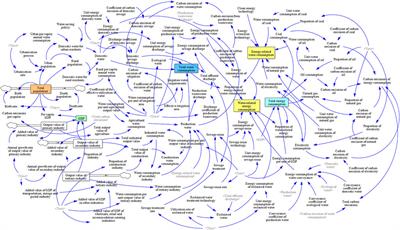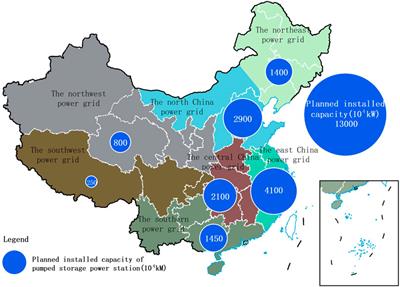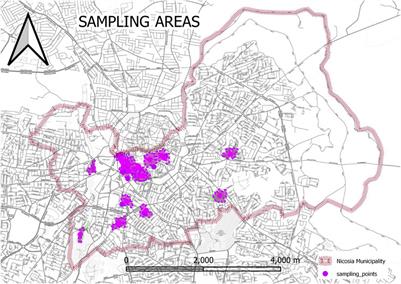EDITORIAL
Published on 17 Jan 2023
Editorial: Toward carbon neutrality: Spatial planning and sustainable utilization of natural resource
doi 10.3389/fenvs.2023.1127814
- 1,229 views
6,287
Total downloads
39k
Total views and downloads
EDITORIAL
Published on 17 Jan 2023
ORIGINAL RESEARCH
Published on 08 Dec 2022

ORIGINAL RESEARCH
Published on 30 Sep 2022

ORIGINAL RESEARCH
Published on 23 Sep 2022

ORIGINAL RESEARCH
Published on 06 Sep 2022

BRIEF RESEARCH REPORT
Published on 26 Jul 2022

ORIGINAL RESEARCH
Published on 08 Jul 2022

ORIGINAL RESEARCH
Published on 30 Jun 2022

ORIGINAL RESEARCH
Published on 12 May 2022

ORIGINAL RESEARCH
Published on 10 May 2022

ORIGINAL RESEARCH
Published on 11 Feb 2022

ORIGINAL RESEARCH
Published on 04 Feb 2022

